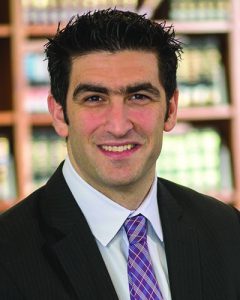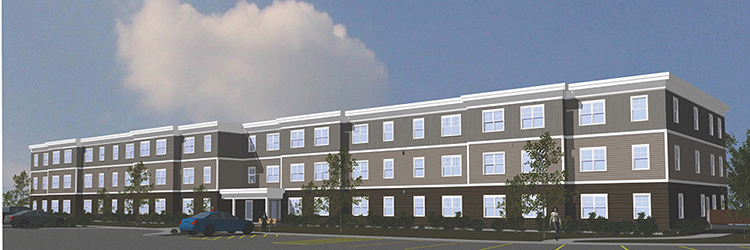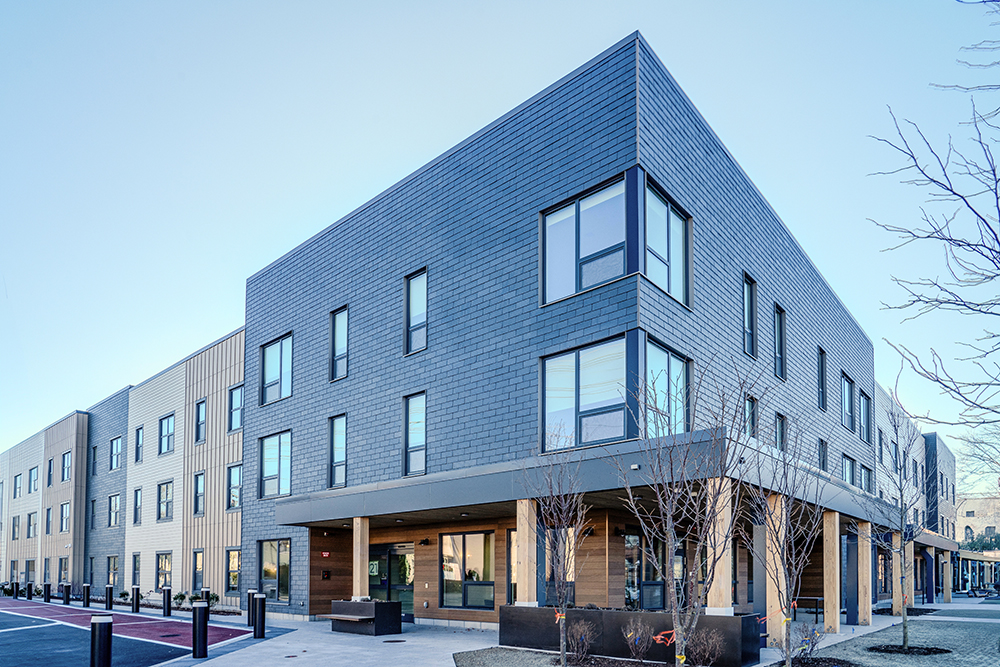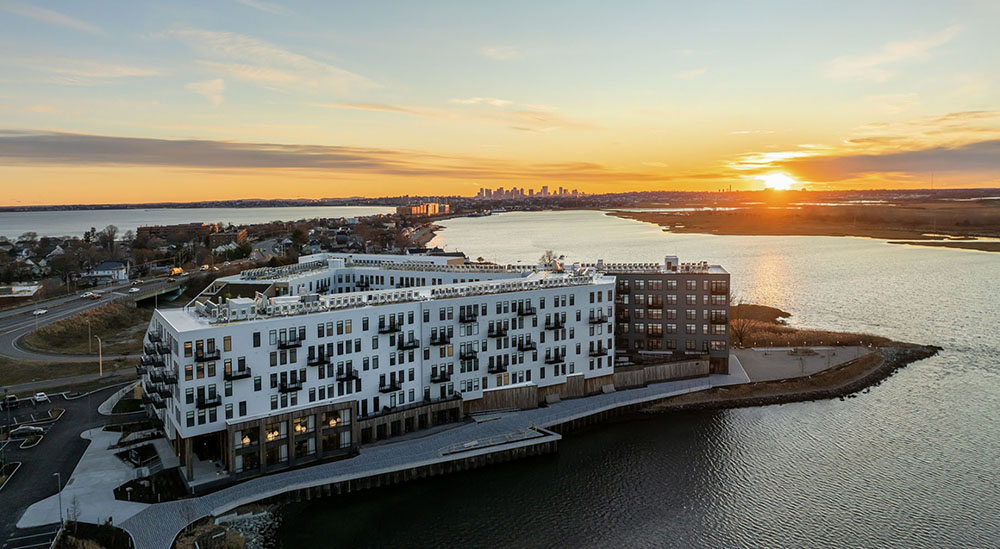Convicted criminals...a new protected class? - by Ted Papadopoulos of Ashton Law
 Ted Papadopoulos, Ashton Law
Ted Papadopoulos, Ashton LawOn April 4, 2016, the Office of General Counsel for the US Department of Housing and Urban Development (HUD) issued its unsolicited “guidance” for landlords that process applicant(s)’s criminal background(s) as part of the application process. Using the U.S. Supreme Court’s recent ruling and reasoning in Texas Department of Housing & Community Affairs v. Inclusive Communities Project, Inc., HUD opined that certain landlord policies that reject applicants with criminal backgrounds may be discriminatory based upon a theory of “disparate impact”. Disparate impact is the legal theory that while a policy may clearly be neutral and non-discriminatory on its face, it may nonetheless be actionable and discriminatory if the effect of the policy disproportionately impacts a protected class (or classes). While individuals with criminal backgrounds are not a per se protected class, HUD’s guidance letter shows evidence of a significant disparity in the prison population amongst African Americans and Hispanics, when compared to individuals classified as “White” – and thus suggests a potential basis for a disparate impact discrimination claim. The only exception/exemption for prior convictions, which can in and of themselves constitute a valid basis to reject an applicant (without the need for further inquiry or consideration of mitigating factors) is for a drug crime related to manufacturing or distribution.
HUD’s guideline is focused upon evidence that African Americans and Hispanics are arrested, convicted and incarcerated at rates that are significantly disproportionate to their share of the general population when compared to individuals that are classified as “White”. Based on HUD’s review of prison statistics from 2014, an African American male was six times more likely than a White male to be imprisoned, and a Hispanic male was twice as likely to be imprisoned than a White male. As a result of these statistics, HUD warns landlords that: an “automatic” rejection for any criminal conviction(s), without consideration of the type of crime or possible mitigating factors; a rejection that does not serve a substantial, legitimate, nondiscriminatory purpose; or a rejection based upon an arrest (without conviction), could result in a determination that the landlord’s policy is discriminatory upon a disparate impact theory.
While HUD’s guideline may cause anxiety, frustration, and confusion among landlords throughout the country, as it appears to be creating a new protected class for individuals with a criminal background, landlords can take steps to attempt to protect themselves against investigation and/or private litigation from a rejected applicant that alleges discrimination. Specifically, housing providers should carefully review their admission criteria and ensure that applicants are not automatically rejected for “mere” arrests without convictions. Furthermore, consideration should be given to whether the specific criminal offense/conviction is related or indicative of the applicant’s ability to be a “good tenant”, which does not constitute a threat or danger to the rest of the residential community. Finally, the length of time since the conviction should also be given weight when making a final decision on admission.
Landlords should not ignore or otherwise “chalk up” HUD’s guidance as a non-binding opinion with little (to no) legal effect. Why? Because the U.S. Supreme Court’s decision in the above referenced case (Texas Department of Housing & Community Affairs v. Inclusive Communities Project, Inc.) nearly mirrored HUD’s previously issued regulation regarding a burden-shifting analysis for disparate impact claims. As such, while the instant guideline prepared by HUD is not law, regulation, or otherwise binding, history suggests that the highest court of the land may adopt the reasoning. The Court may likewise reject HUD’s guideline as an “executive overreach”, however, good legal counsel should be advising you accordingly to avoid having to “foot the bill” to defend the industry…
Ted Papadopoulos is a partner at Ashton Law, P.C, Winchester, Mass.
Elm Grove Companies breaks ground on $20 million - The Rapids On Cocheco


IREM President’s Message: Fostering community connections during the holiday season

Selecting the right façade installation firm - by Steven Powell






.jpg)

.png)
